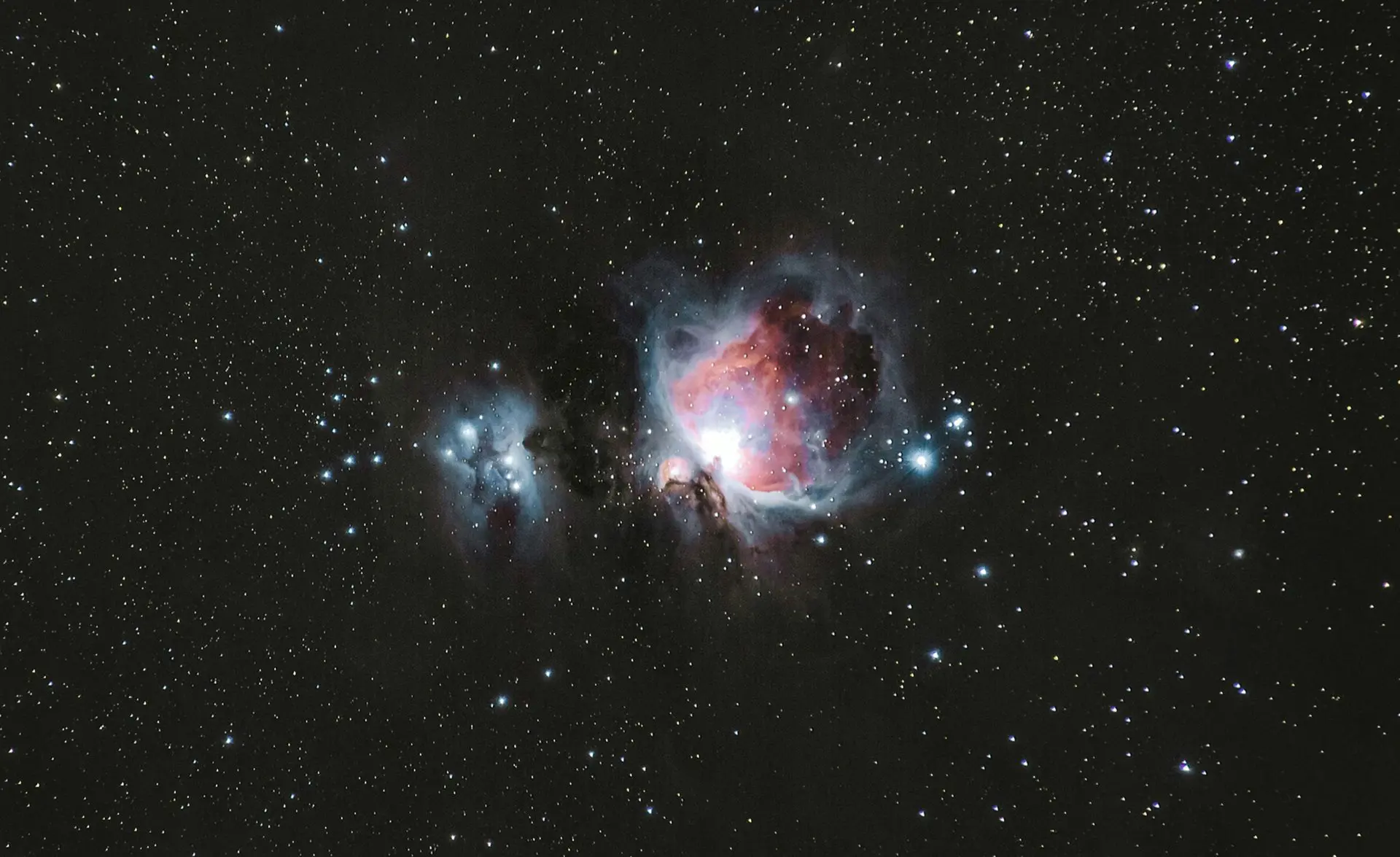Fallen Angels: Myth or Reality?

Looking for more amazing products? Check out our online store and explore our collection here! Happy shopping!
Before diving in, please note: This post is for informational purposes only. If you’d like to know more about how we approach topics, feel free to check out our friendly Disclaimer Page.
Hey there, amazing readers! 
We’re committed to delivering quality posts, and your support (even just sticking around despite the ads) means everything to us. So, bear with us, and thanks for helping us keep the good vibes rolling. Now, on to the fun stuff!
TRANSLATE BUTTON AT THE END OF THE ARTICLE
Introduction
The concept of fallen angels has fascinated and intrigued people for centuries.
These beings, once part of the divine realm, are said to have rebelled against God and were cast out of heaven.
This article explores the origins, interpretations, and debates surrounding fallen angels, examining whether they are a myth or hold some reality.
Origins of Fallen Angels
Biblical References
Book of Isaiah
The term “fallen angel” is often linked to Isaiah 14:12-15, where the fall of a being known as “Lucifer” (meaning “light-bringer” or “morning star”) is described:
“How you have fallen from heaven, morning star, son of the dawn!
You have been cast down to the earth, you who once laid low the nations!” (Isaiah 14:12)
This passage is commonly interpreted as referring to the fall of Satan, though it originally addresses the king of Babylon.
Book of Ezekiel
Ezekiel 28:12-17 also contains a passage that many associate with the fall of Satan, describing a perfect being who became corrupt and was expelled from the divine realm:
“Your heart became proud on account of your beauty, and you corrupted your wisdom because of your splendor.
So I threw you to the earth;” (Ezekiel 28:17)
Book of Revelation
Revelation 12:7-9 provides a vivid depiction of a celestial battle in which Michael and his angels fight against the dragon (Satan) and his angels, resulting in their expulsion from heaven:
“The great dragon was hurled down—that ancient serpent called the devil, or Satan, who leads the whole world astray.
He was hurled to the earth, and his angels with him.” (Revelation 12:9)
Extrabiblical Texts
Book of Enoch
The Book of Enoch, an ancient Jewish text not included in the canonical Bible, offers a detailed account of fallen angels.
It describes the “Watchers,” angels who descended to Earth, mated with human women, and taught forbidden knowledge, leading to their fall and punishment.
“And it came to pass when the children of men had multiplied that in those days were born unto them beautiful and comely daughters.
And the angels, the children of the heaven, saw and lusted after them…” (1 Enoch 6:1-2)
Interpretations of Fallen Angels
Traditional Christian View
In traditional Christian theology, fallen angels are typically identified with demons, including Satan, who rebelled against God and were cast out of heaven.
They are believed to actively work against divine purposes and tempt humanity into sin.
Jewish Perspective
In Jewish thought, the concept of fallen angels is less prominent.
However, texts like the Book of Enoch and certain Midrashic interpretations suggest that some angels fell due to disobedience and their desire to interact with humans.
Islamic View
Islamic theology also includes the concept of fallen angels, although it is somewhat different from the Christian view.
In Islam, the Jinn, including Iblis (Satan), are often considered analogous to fallen angels, although Iblis is traditionally seen as a Jinn who refused to bow to Adam.
Modern Perspectives
Mythological Interpretation
Some scholars view fallen angels as mythological constructs that serve to explain the presence of evil in the world.
This perspective suggests that these stories are symbolic, representing the struggle between good and evil rather than literal beings.
Psychological Interpretation
Psychologists and theologians like Carl Jung have interpreted fallen angels as archetypes representing the human experience of rebellion, pride, and the fall from grace.
This view sees the narrative of fallen angels as a metaphor for the inner conflicts and moral dilemmas faced by individuals.
Paranormal Beliefs
In contemporary paranormal and New Age beliefs, fallen angels are sometimes seen as real entities that influence human affairs.
These beliefs often merge traditional religious views with modern concepts of spirituality and the supernatural.
Connect with Angels, Guides, and Master Teachers – begin here.
Fallen Angels in Popular Culture
Literature and Film
Fallen angels have been a popular subject in literature and film, from John Milton’s “Paradise Lost” to modern novels and movies.
These works often explore themes of rebellion, redemption, and the nature of good and evil, reflecting society’s enduring fascination with these enigmatic beings.
Art and Music
Artists and musicians have also been inspired by the concept of fallen angels, creating works that depict their dramatic fall and complex nature.
This creative expression highlights the profound impact of fallen angels on human imagination and cultural expression.
Conclusion
The question of whether fallen angels are a myth or reality remains a topic of debate and interpretation.
While religious texts provide various accounts of their existence and roles, modern perspectives offer alternative explanations, ranging from mythological and psychological interpretations to paranormal beliefs.
Whether seen as symbolic representations of human struggles or real entities influencing the world, fallen angels continue to captivate and inspire, bridging the realms of theology, literature, and art.

The Enlightenment Journey is a remarkable collection of writings authored by a distinguished group of experts in the fields of spirituality, new age, and esoteric knowledge.
This anthology features a diverse assembly of well-experienced authors who bring their profound insights and credible perspectives to the forefront.
Each contributor possesses a wealth of knowledge and wisdom, making them authorities in their respective domains.
Together, they offer readers a transformative journey into the realms of spiritual growth, self-discovery, and esoteric enlightenment.
The Enlightenment Journey is a testament to the collective expertise of these luminaries, providing readers with a rich tapestry of ideas and information to illuminate their spiritual path.
Our Diverse Expertise
While our primary focus is on spirituality and esotericism, we are equally passionate about exploring a wide range of other topics and niches 

To ensure we provide the most accurate and valuable insights, we collaborate with trusted experts in their respective domains 
Our blog originally focused on spirituality and metaphysics, but we’ve since expanded to cover a wide range of niches. Don’t worry—we continue to publish a lot of articles on spirituality! Frequently visit our blog to explore our diverse content and stay tuned for more insightful reads.
Hey there, amazing reader! 
Check out our store here and take a peek at some of our featured products below! Thanks for being awesome!













